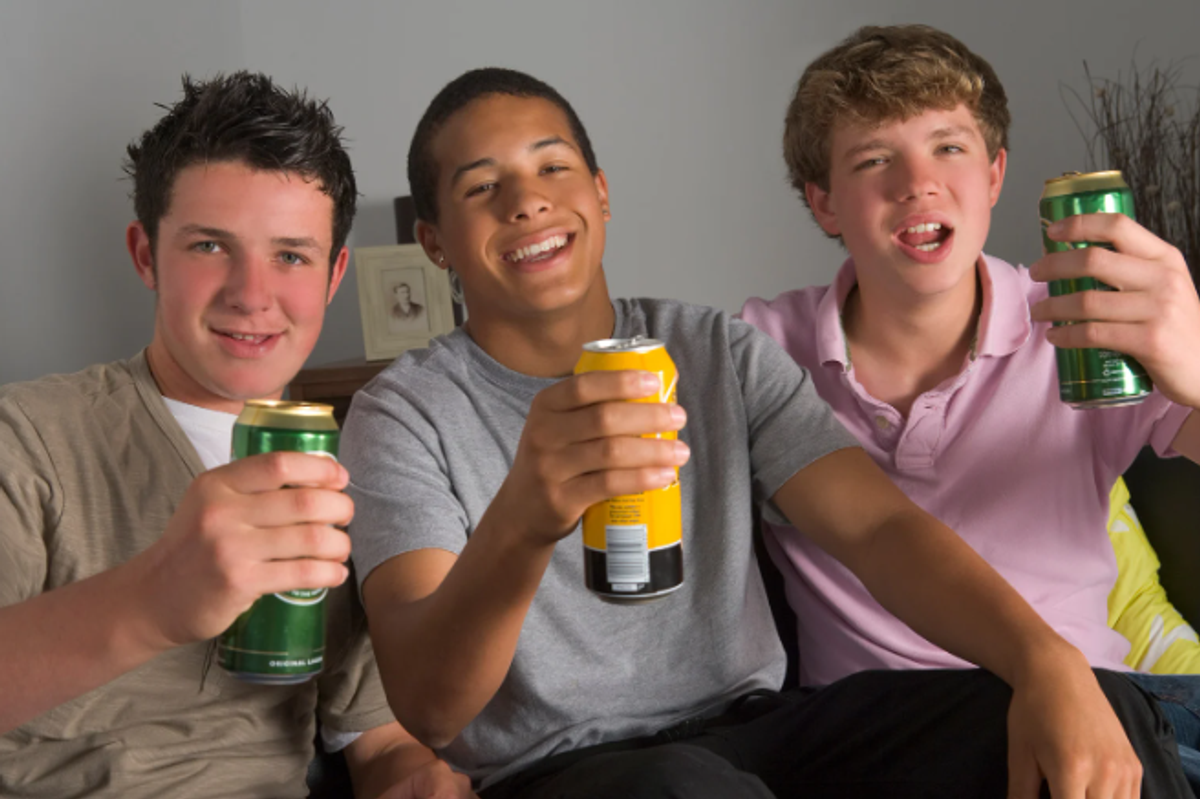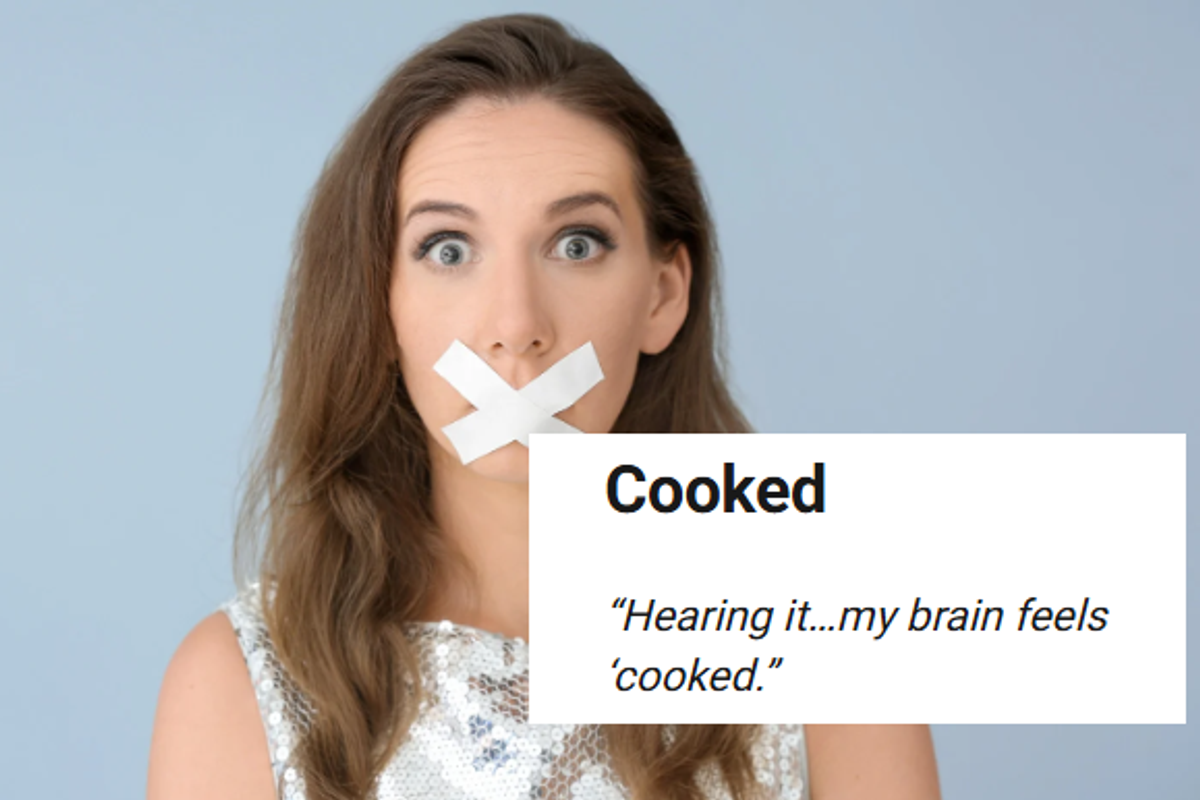'I'd rather you drink here': Now we know if letting teens drink at home is the safest strategy
Does the "cool" mom and dad approach make kids safer?

Some teenage boys holding beers.
When it comes to teens and alcohol, parents usually come down to two different camps: they either forbid their children from drinking alcohol in all circumstances until they are an adult, or 21, or they allow them to drink at home because it’s safer than if they do it elsewhere. One set of parents believes that alcohol exposure will cause problems, the other thinks that if they remove the taboos surrounding alcohol, it’ll make them less likely to abuse it.
Should parents allow their teen children to drink in the home?
So, what’s the right thing for parents to do? A new study out of the University of Buffalo found that when parents allow their kids to drink alcohol, they run a greater risk of them having a drinking problem in the future. Sorry, “cool” mom or dad, allowing your place to be the party house has its consequences.

The study conducted by Bernard Pereda, a Doctoral Student in Psychology at the University at Buffalo, and his team examined questionnaires filled out between 2008 and 2019 by 387 adolescents starting at age 11 and their parents. The questionnaires asked the adolescents if they ever drank alcohol with their parents’ permission, even just a few sips, and if they answered yes, at what age. The researchers then analyzed the participants' drinking habits at 18 to 20.
"A robust relationship was found between parental permission to use alcohol during adolescence and increased alcohol use frequency and quantity, alcohol use disorder symptoms, and alcohol-related harms in young adulthood," the study says. It added that the age they had their first sip "was not associated with later alcohol use outcomes, suggesting a uniform risk effect of parental permission to drink."

To put it simply, kids who were allowed to drink alcohol at home, no matter what age they started, were more likely to become alcoholics than those who did not. “We found that adolescents were more likely in young adulthood to drink more often and in greater amounts in families that allowed this practice compared with those that did not,” Pereda told The Conversation. “The risk of experiencing symptoms of alcohol use disorder and negative consequences from drinking in young adulthood was also higher. Importantly, the age at which drinking with parents’ permission began did not change this effect.”
How to talk to teens about alcohol

"But on balance, what the data tell us is that [letting kids drink at home] is not necessarily the right choice. And what it can do is it can normalize the idea of underage drinking, which is not something we want to do," Lisa Damour, author of The Emotional Lives of Teenagers, told CBS News. “It's not the harm reduction approach we thought it is," she said.
When setting boundaries about alcohol with teens, it’s essential to be upfront with them without turning it into a lecture. “Have an honest, nonjudgmental, fact-based conversation with your child about alcohol,” Robert Leeman, Ph.D., Professor and Chair of the Department of Health Sciences in the Bouvé College of Health Sciences at Northeastern University, said according to Psychology Today. “And put away the wagging finger—the nonjudgmental part is really important. Once you start to get judgmental, people just move into defensive mode and shut down.”
- All hail the mocktail: Growing demand makes non-alcoholic socializing a lot more fun ›
- Doctor's alcohol tip that 'could save your life' goes viral on TikTok ›
- The unexpected reason why this mom is totally fine with her 14-year-old teen stealing vodka ›
- Doctor's alcohol tip that 'could save your life' goes viral on TikTok - Upworthy ›









 Many people make bucket lists of things they want in life.
Many people make bucket lists of things they want in life. 
 A boss giving an employee money.via
A boss giving an employee money.via 
 sipping modern family GIF
sipping modern family GIF 
 A distinguished chihuahua in a teal sweater
A distinguished chihuahua in a teal sweater